The Government of Canada, through Grand Challenges Canada, announces seed funding Sept. 8 for 22 projects submitted by innovators worldwide and designed to improve health in the developing world. Examples include: A device that converts sound into symbols for display on Google Glass, a tablet or laptop, captioning conversations in real-time for deaf people A […]
Tag: Canada
Canadian contribution to the next Mars rover
On July 31, Nasa announced the seven instruments that will be included in its next Mars rover, to be launched in 2020. One of the instruments, the Radar Imager for Mars’ Subsurface Exploration (RIMFAX) will conduct shallow profiling of the geological structure of Martian subsurface as the rover drives along the surface. Canadian earth scientist […]
Canada’s contribution to asteroid mission gets underway
On July 17, 2014 the Canadian government announced funding that will help Canadian scientists and engineers build one of the key instruments onboard the US-led OSIRIS-REx mission, which aims to collect and return rock samples from an asteroid called Bennu, which comes within 450,000 kilometres of Earth every six years. (While the Japanese Hayabusa mission […]
Canadian intelligence analysts sometimes lack confidence in their forecasts
Senior intelligence analysts working in the Privy Council Office have a tendency to lack confidence in their forecasts, a new study shows. The authors analyzed more than 1,500 strategic intelligence forecasts made by analysts advising senior policy makers in the Government of Canada, encompassing 6 years worth of reports. The usual finding in the forecasting […]
Community-based approach helps fight TB in Nunavut
A community-based approach to TB awareness and screening in Nunavut has resulted in an increase in detection and treatment. Nunavut is the only area of Canada where TB rates are increasing; in 2010 it was 60 times higher than the national rate. An awareness and door-to-door screening campaign called Taima TB – Taima is Inuktitut for […]

Super Cryogenic Dark Matter Search comes to Sudbury
Super Cryogenic Dark Matter Search (Super CDMS) aims to measure the signals from exotic particles called WIMPs (Weakly Interacting Massive Particles) as they pass through a detector made of germanium. It is an international, multimillion dollar dark matter experiment currently based in Minnesota. Funding has recently been announced that will allow SuperCDMS to build a more sensitive […]
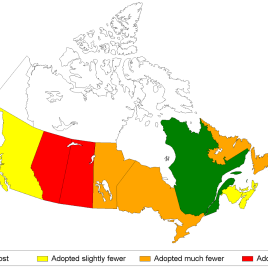
What’s the greenest province in Canada?
Researchers measuring pro-environmental behaviour in Canada at the household level found that British Columbia and Québec lead the pack. The study was conducted using the answers to 39 questions on the 2007 Environment Survey of Statistics Canada. They found out that households in British Columbia, Quebec, Prince-Edward-Island and Nova-Scotia were the greenest opposed to Alberta, […]
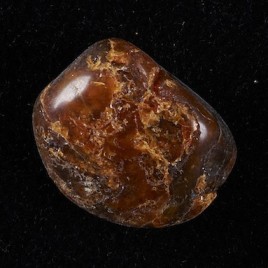
Unlocking the secrets of amber’s toughness
A new analysis technique helps explain how amber achieves its strength and durability, and could help humans mimic it in their own materials. Scientists have been able to isolate the building blocks – including communol, ozol and succinic acid – but exactly how they fit together has been a mystery. Made from fossilized tree sap, amber […]
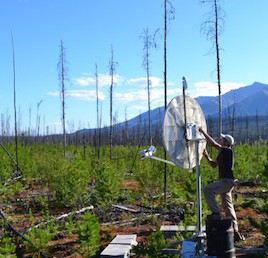
Understanding the surprising regularity of ‘slow’ earthquakes
Every 14 months, a ‘slow’ earthquake occurs beneath Vancouver island which last for 10 to 14 days; a new study helps explain why some slow quakes happen more frequently than others. Occurring along faults around the world at a depth of 25-40 km, slow earthquakes are undetectable by humans, but they vary in frequency, with […]
Suicides in Canada rose 4.5% after the recession
A new study suggests that the recent economic recession is linked to a 4.5% increase in Canada’s suicide rate. The study states that Canada experienced 240 suicides more than expected between 2007 and 2009, and that worldwide at least 10,000 additional suicides could be connected to the economic hardship experienced in EU countries, Canada and […]
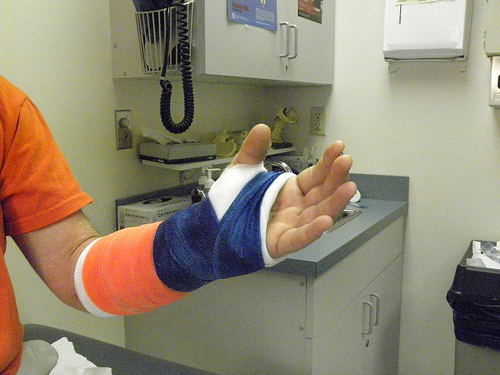
Nurses are effective at treating a common arm injury in young children
‘Pulled elbow’, or radial-head subluxation, is a common arm injury in children. It’s easy to diagnose and quick to fix but children usually wait hours in the emergency department. Researchers performed an open, cluster-randomized controlled trial of 268 cases to determine whether triage nurses in the emergency department could fix the condition, thereby freeing up […]

Predators are the main drivers of the Arctic tundra food chain
A new study shows that predators (Arctic fox, wolves, stoat, snowy owls) are the main drivers of the Arctic tundra food chain. Usually, predators regulate the food chain in a given ecosystem, but researchers previously thought that this view did not apply to the Arctic tundra as there are too few herbivores such as caribou, […]

Immunization? There’s an app for that
A smartphone app called ImmunizeCA helps patients and their families keep track of which immunizations they have and haven’t received. The app has been developed through a collaboration between the Canadian Public Health Association (CPHA), Immunize Canada, and the Ottawa Hospital Research Institute (OHRI) with funding from the Public Health Agency of Canada.
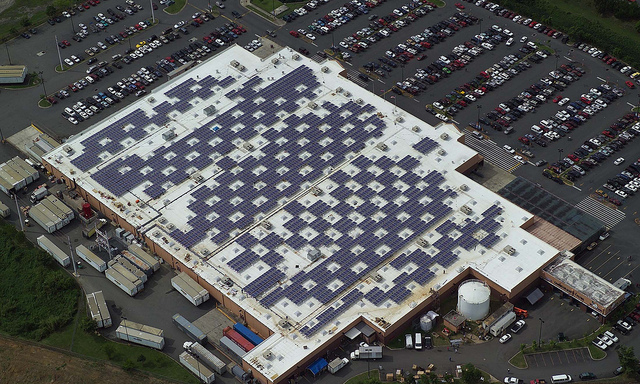
Low-carbon strategies for cities 
A team of civil engineers has conducted a detailed analysis of 22 cities from around the world, which could help policymakers choose the right tools to combat climate change on a municipal level. Depending on their climate, industrial base and population densities, cities can use a variety of tools and techniques to lower their carbon emissions. […]
How researchers see open-access journals
Researchers have mixed feelings when it comes to reading and publishing in open-access journals. In a survey on 540 researchers in Canada, 83% of them think that published research should be freely available to anyone and almost half of them reported publishing more than half of their research in open access format in the past […]
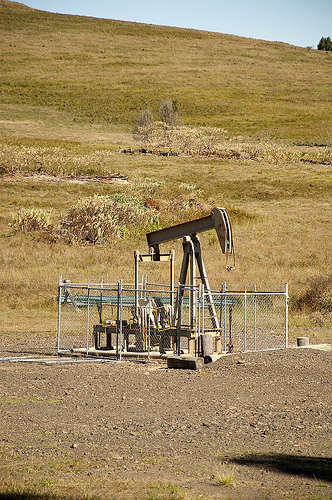
Western oil buried under eastern sand 
Researchers showed that most of the actual sand at the Athabasca oil sands in Alberta is originally from the east. By analysing trace amounts of uranium and lead in individual sand grains called zircons, researchers showed that most of the sediment was originally eroded from faraway places, such as the Appalachian mountains. This improved understanding […]
